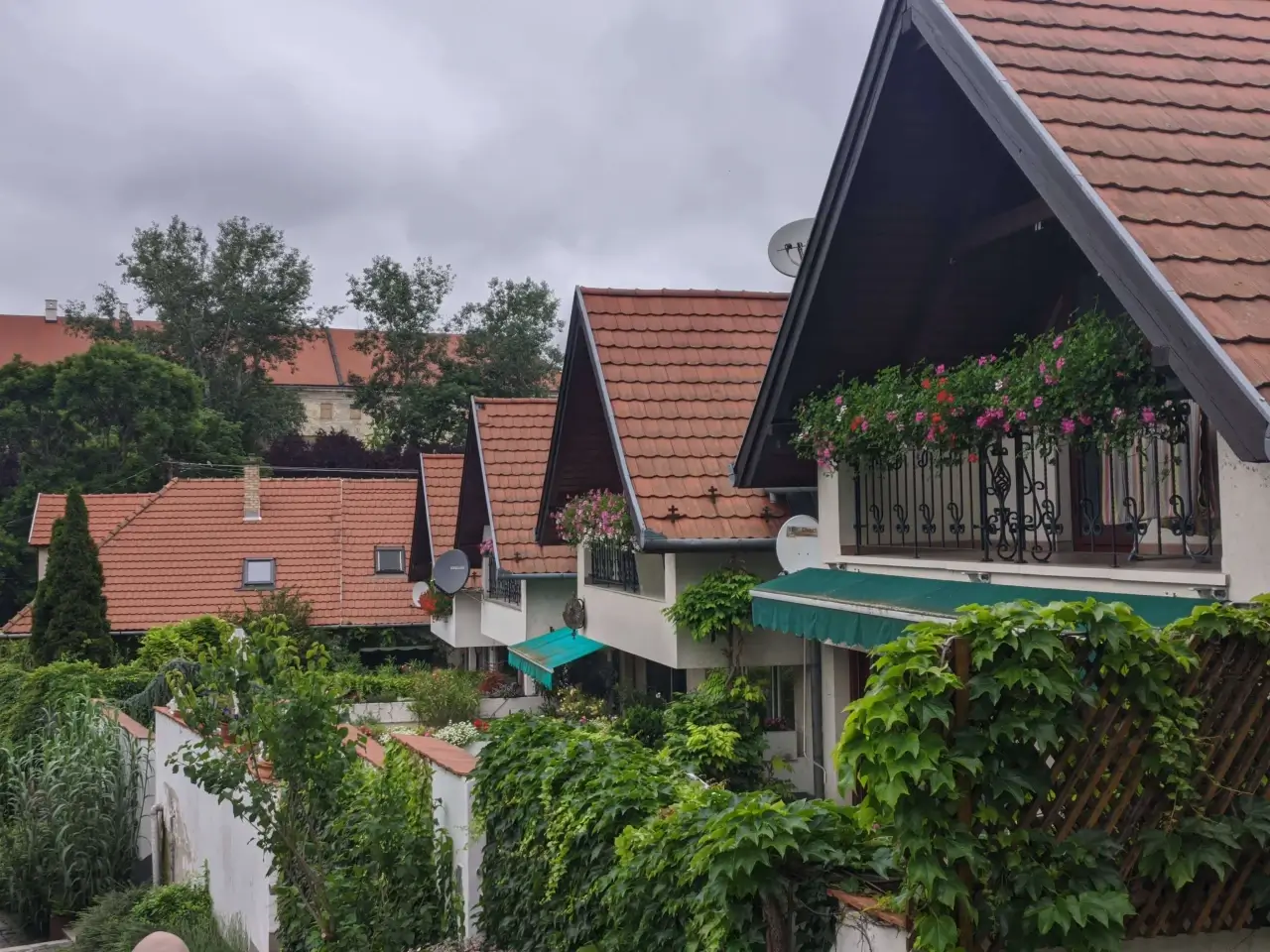6 stereotypes about life in Hungary
Renting an apartment is expensive, without the Hungarian language there is no way, gourmets will get bored — those who haven’t lived in Hungary may think about the country this way. Vladislav Kozlov, an IT specialist and experienced relocator, refutes these concerns specifically for our Anywhere Club blog.

Stereotype #1: No way without the Hungarian language
— In recent years, Hungary has become a truly international country. English-speaking foreigners, whose knowledge of Hungarian is limited to the basics, feel quite comfortable here. Since I moved to Budapest almost three years ago, I have never experienced difficulties as a result of my lack of knowledge of Hungarian, — says Vladislav Kozlov, Senior Software Engineer from EPAM.
Most people, especially the younger generation, speak English very well. As for older people, many also speak it, but not as fluently. A good example is my landlady: her English is far from perfect, but it is certainly understandable. If someone does not speak English at all, they will try their best to help you, open the translator on their smartphone, and answer your question. Of course, it will be an advantage if you know basic words and phrases in Hungarian, such as: “hello,” “thank you,” and “give me please” (for shopping). But this is not essential.
Stereotype #2: Hungarians are unsociable, reluctant to meet foreigners
— I am always pleasantly surprised when my Hungarian friends ask me questions: “Where are you from? And from what city? How are things going there now?". They are very inquisitive, and communication with them is a lot of fun. In pre-Covid times, every week I attended different international events. For example, there are events such as BlaBla Budapest or Language Exchange Budapest, where both Hungarians and foreigners gather to drink beer, chat, and exchange experiences and the culture of their native countries. This is a great way to make new friends among the locals, and to practice your Hungarian language skills.

Stereotype #3: Renting an apartment in Budapest is expensive and getting around the city is not very convenient
— The capital of Hungary boasts a developed and diverse transport system, including metro, buses, trams, and bike rental services. The most common misconception that people who move to Hungary have is that they need to rent an apartment or house near the city center. As a result, they pay more money for rent, but cut their spending on entertainment and tourism. In my opinion, it is worth spending some time looking for housing in areas slightly more distant from the city center that is in close proximity to bus stops or metro stations.
Finding apartments here is best done on Facebook, where you will find ads directly from apartment owners. There are also special services you can use, like: ingatlan.com and alberlet.hu. The price for a good one-room or two-room studio now varies from 350 to 500 euros, excluding the cost of utility bills, — explains Vladislav.
Stereotype No. 4: You can go broke paying for Hungarian medicine
— Although the company's health insurance does not cover dental services, Hungarian dentistry will surprise people who are looking for quality service for a reasonable price. I just visited the dentist recently, and was impressed with the quality and the price. If you are told that a dentist in Hungary is super expensive and that it is better to go to Russia or Belarus, this is not entirely true. For example, in my case, the basic cleaning service cost 50 euros. True, I went to the clinic at the place of my residence. Perhaps in a private center it will cost more. But I was definitely satisfied with the care I received.
In general, everything is relative with medicine. On the one hand, if you have a TAJ number (national health insurance number) and an address assigned to you, then you have access to all city hospitals and háziorvos - the option to call a doctor at home. On the other hand, you may find that the doctor only speaks Hungarian. There may also be concerns about the quality of services. As an alternative, I recommend private clinics and hospitals where, on average, the cost can vary from 40 to 80 euros per appointment.
Stereotype #5: Gourmets will get bored in Hungary
— Cuisine in Budapest, like in many capitals, is a mixture of international and local trends. There are a lot of Turkish and Greek restaurants and cafes are here. But, as soon as you leave the city, the food becomes more traditional. One of the most popular national dishes of Hungary is Goulash. In second place is Halasle - fish soup with paprika. Fun fact: if a Hungarian invites you to try Palinka (Hungarian fruit brandy), they are trying to show their hospitality.
My favorite local dish is Langos, a Hungarian fast food. It is a deep-fried flatbread with sour cream, garlic, sometimes cheese or sausages. Here, everyone will definitely find a dish to suit their taste, but you will need to keep an eye on the numbers on your scale.

Stereotype #6: The main Hungarian attractions are in Budapest
— Hungary is a beautiful country, with a surprising variety of places to travel. In addition to the stunning and well-known Budapest, there are many other interesting cities and natural areas for recreation. Many people call Lake Balaton the local sea. Traveling in Hungary, you can also visit many castles: the medieval castle of Eger, Grasszalkovich Castle (one of the largest baroque palaces in Europe), and others. In the southwest of Hungary, you will find the city of Pécs, which is included among the UNESCO world heritage sites. The undoubted advantage of Hungary is that traveling here is very convenient and affordable. Fast electric trains are available everywhere, and it costs 10 –12 euros to get anywhere in the country. If there is no train nearby, there will definitely be a comfortable bus.

.png)
